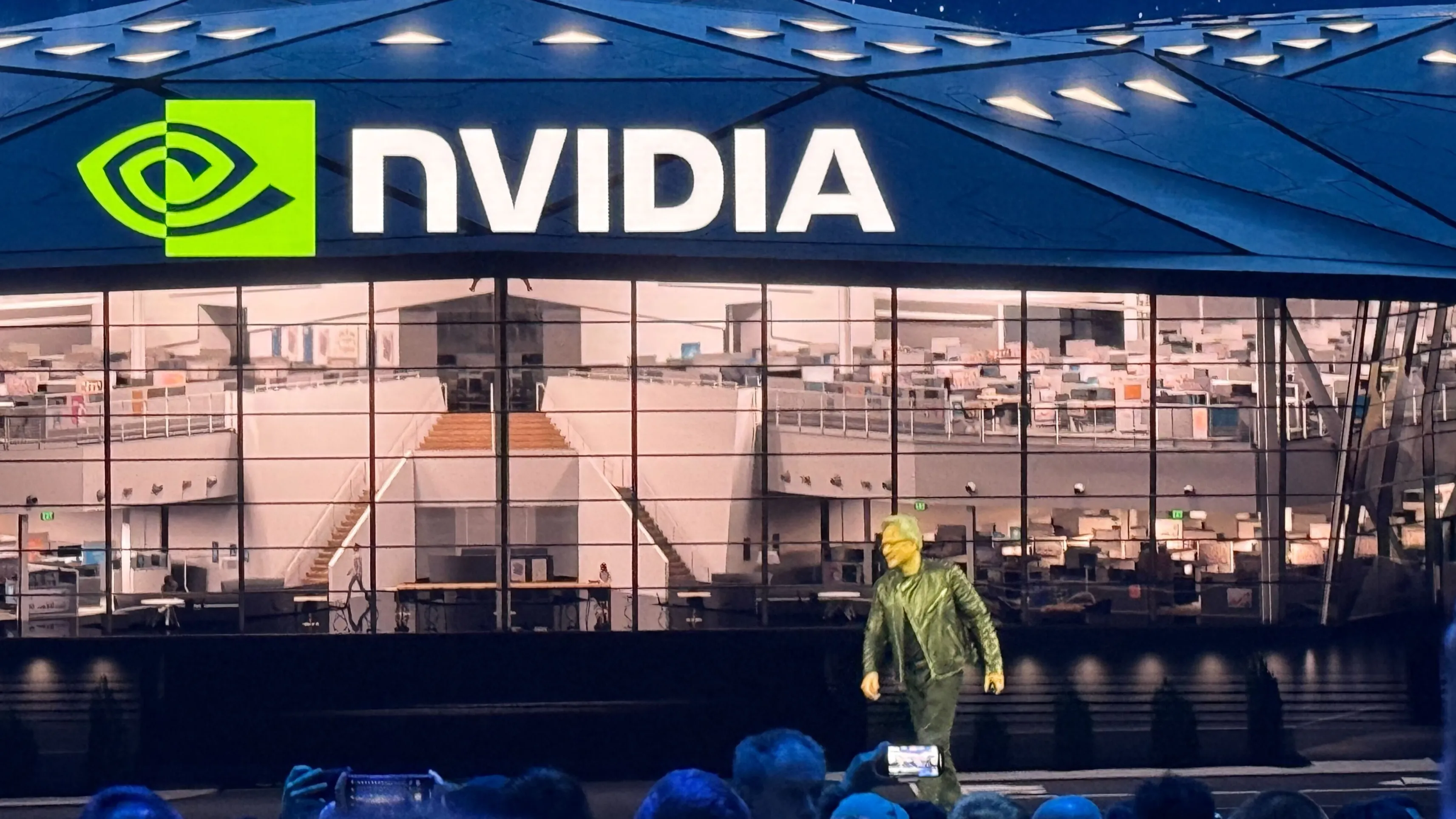Nvidia Corp. has consistently offered traders compelling reasons to keep buying its stock, but recent market indicators suggest the rally may be entering overheated territory.
The company’s 14-day relative strength index (RSI), a key measure of momentum, briefly surged past 80 on Thursday—the highest reading since June 2024. That prior spike was followed by a significant correction, with Nvidia's stock dropping more than 20% over a six-week period. Generally, an RSI above 70 signals that a stock might be overbought, suggesting it may be due for a pullback.
Jonathan Krinsky, chief market technician at BTIG, cautioned that while an overbought signal doesn’t guarantee an immediate reversal, it is something traders should keep in mind. “Sentiment is moving from optimistic to nearly euphoric,” he said, emphasizing the need for a more measured outlook.
Nvidia, which commands the dominant position in producing chips used for artificial intelligence applications, has seen a remarkable turnaround since April. Back then, broader market concerns—including new tariffs—sparked fears of a slowdown in AI-related investments, sending the stock lower.
But those concerns proved short-lived as Nvidia's major customers continued to ramp up AI development, prompting investors to return in full force. Since that April dip, the stock has soared 83% in under four months.
Fueling the most recent leg of the surge was news that Nvidia will be allowed to resume sales of certain AI chips to China. This policy shift, approved by the U.S. government, could help Nvidia recapture a significant chunk of the $15 billion in data center revenue previously at risk due to chip export restrictions. Bloomberg Intelligence analyst Kunjan Sobhani noted that the move could be a game changer for the company’s fiscal 2026 outlook.
Adding to the bullish narrative, former President Donald Trump this week highlighted more than $92 billion in fresh commitments toward AI and energy infrastructure.
Meanwhile, Meta Platforms CEO Mark Zuckerberg reiterated the company’s massive investment plans, revealing intentions to spend "hundreds of billions of dollars" on data center expansion. According to Bloomberg’s supply chain data, Meta is Nvidia’s second-largest client, trailing only Microsoft.
Nvidia’s resurgence has propelled it to its eighth consecutive week of gains. Since bottoming out in April, the company has added an astonishing $1.9 trillion in market value—more than the entire valuation of Meta. With a market capitalization now exceeding $4.2 trillion, Nvidia has once again claimed the title of the world’s most valuable publicly traded company, surpassing Microsoft by roughly $400 billion.
“Momentum is clearly pushing the stock higher,” said James Abate, managing director at Horizon Investments. He explained that every new piece of positive news seems to trigger another round of buying. Despite the excitement, Abate revealed that he has started trimming his Nvidia holdings, citing rising valuations and the possibility that investors are overlooking the potential cyclical nature of AI demand.
Currently, Nvidia trades at about 34 times projected earnings over the next 12 months. While that’s up significantly from its April multiple of less than 20, it still remains below the five-year average of around 40. That suggests the stock, while no longer cheap, may not be outrageously priced either—at least relative to its historical valuation.
Wall Street’s overall sentiment on Nvidia remains overwhelmingly positive. Of the 79 analysts who cover the stock, according to Bloomberg data, only one has issued a sell rating. Nine suggest holding the stock, while the vast majority recommend buying. Recent optimism was further buoyed by a strong outlook from Taiwan Semiconductor Manufacturing Co., a major Nvidia supplier, which gave encouraging signs about sustained AI-related demand.
Looking ahead, investors are eagerly anticipating upcoming earnings reports from Big Tech firms that could offer insight into their capital spending plans. Alphabet is set to report results on July 23, followed by Microsoft and Meta on July 30.
Together with Amazon, these four companies account for more than 40% of Nvidia’s total revenue. Nvidia itself is scheduled to report earnings in late August, a moment many believe will serve as the next critical test for the stock’s rally.
Rhys Williams, chief strategist at Wayve Capital Management, remains optimistic. He sees no reason to cash out now, given the strength of AI investment trends. “Nvidia has had a strong breakout,” he said. “They’ll need to deliver solid earnings and raise their outlook, but we expect that will happen. We’re likely looking at another year or two of strong data center growth.”
While some caution is warranted due to the rapid pace of gains, for now, Nvidia remains the poster child of the AI boom—backed by robust fundamentals, major corporate spending, and investor enthusiasm that shows no sign of fading.

Subscribe to our newsletter!
As a leading independent research provider, TradeAlgo keeps you connected from anywhere.








